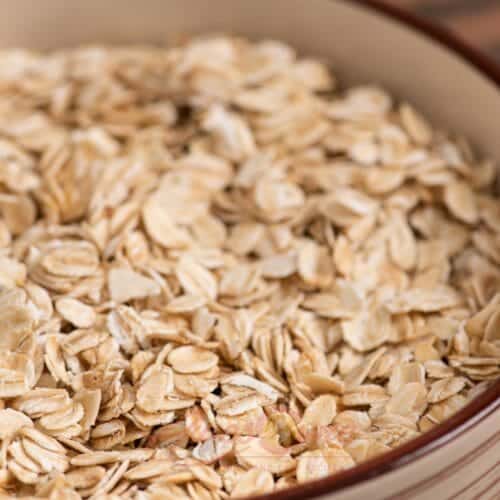Spinach sits high on the list of vegetables that are packed with nutrients. Your favorite cartoon character Popeye has added a new dimension to this wholesome leafy vegetable. Spinach has been held in high esteem since antiquity and the sections below attempts to prove why.
Health Benefits
- Spinach is richly infused with anti-oxidant beta-carotene, which is proven to ward off cataract development and resist heart diseases and cancer from assuming monstrous proportions. Beta-carotene is fat soluble and hence easily digested by the body.
- The profusion of phytochemicals prominently lutein in this dark, leafy vegetable helps deter macular degeneration induced by advancing age.
- The presence of lipoic acid promotes the regeneration of anti-oxidants Vitamin C & E and keeps blood sugar level under control.
- Raw spinach supplements the body with Vitamin C (overcooking may lead to the depletion of this powerful anti-oxidant).
- Calcium in spinach promotes bone density.
- Heart health is boosted by abundant potassium which bolsters the Cardio vascular mechanism. The harmful oxidation induced by the excess cholesterol is deterred, which in turn keeps the arteries clot free.
- The abundance of minerals and vitamins in spinach allows setting in of instant relief from dry, itchy skin and provides your complexion with effusive radiance. Skin health is dramatically improved.
- Flavonoid compounds in plentiful numbers brace the body to fight cancer more effectively. People eating a diet having sufficient presence of spinach are less likely to fall prey to skin cancer. Folate transforms toxic chemicals responsible for inducing stroke into harmless ones.
- Ageing effect is literally delayed as the anti-oxidants neutralize the free radicals in the body.
- Women exhibit reduced vulnerability to breast cancer.
- Magnesium in spinach maintains blood pressure at a healthy level. A small amount of spinach has the potential to bring down the blood pressure dramatically within a matter of hours.
Nutritional Value of Raw Sspinach
A cup of raw spinach contains seven calories, zero fat / saturated fat / cholesterol, one gram each of carbohydrate, protein, and dietary fiber; 24 mg of sodium, 2813 IU of Vitamin A, 57 micrograms of folic acid, 16 mg of Vitamin C, 1 mg of iron and manganese respectively, 167 mg of potassium, and 5347 micrograms of beta-carotenoids.
Cooking/eating practices that promote optimum absorption of nutrients
- Tender baby spinach leaves have a higher concentration of nutrients compared to their tough, stringy mature counterparts.
- Spinach taken from stores that allow the abundant amount of light to drench green leaves are more nutritious than those stacked in darkness.
- Cooking spinach to the right level allows concentration of nutrition which enhances the absorption power of body and induces easy breaking down of nutrients thrice over raw spinach.
- The most salubrious way of consuming spinach is to drink it in juice form.
- The presence of oxalic acid and its strong bonding with calcium and iron blocks easier absorption of these nutrients. This obstruction can be vaulted over by cooking nutrition in combination with a food that has high Vitamin C content. Cantaloupes and mandarin orange scales down the impact of oxalic acid. Oxalic acid can be weakened by boiling spinach leaves for a minimum of two minutes.
- Refrain from storing spinach in cold places as freezing reduces the health benefits. Buy fresh spinach and consume it the same day.
- Buy from organic stores as the leaves are heavily sprinkled with pesticides that are resistant to normal washing.
- Spinach eases off constipation, promotes metabolism, and safeguards the abdomen’s mucus lining. Consequently, digestion is boosted, ulcers are kept at bay and toxins are flushed off the colon.
Spinach is undoubtedly a potent food that potentially saves you from the entire array of ailments affecting the seamless functioning of your body constituents.













